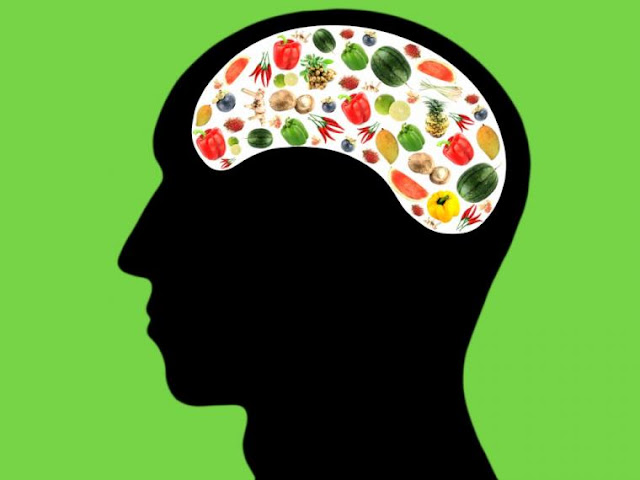6 vitamins and minerals that improve your brain
Índice
The human brain is a complex organ that requires many different nutrients to function properly. We give a review of the essentials for a healthy brain.
1. Thiamin (vitamin B1)
The B vitamins are considered particularly important for good brain health. It plays a key role in driving nerve impulses, according to an article published in The Journal of International Medical Research. On the other hand, having severe deficiency of this vitamin can lead to Korsakoff syndrome, a memory disorder and frequent learning in alcoholics. Foods with vitamin B1: pistachios, pecan nuts, fish or pine nuts.
Half of the body's stores of this vitamin are in the liver, so liver damage can lead to a deficiency of several B vitamins; It also plays an important role in the synthesis of amino acids and the formation of nervous tissue. Having deficiency of this and other B vitamins is associated with developmental problems in children. Foods with vitamin B9: spinach, asparagus or lentils.
3. Ascorbic acid (vitamin C)
The highest concentration of this essential vitamin is found in the brain, especially in the pituitary gland (400 mg / kg). Vitamin C is important in the synthesis of the neurotransmitter dopamine and protecting the brain against oxidative stress. As this vitamin can not be stored in the body, it is advisable to take about 90 mg of these foods daily. Foods with vitamin C: broccoli, cauliflower, oranges, tangerines or strawberries.
4. Calcium
Calcium is an essential mineral for the functioning of the brain because it plays a central role as a messenger of nerve cells. It also regulates neurotransmission and controls nervous excitability. Having calcium deficiency is rare, since the body has a large reserve of this mineral in the bones, but some drugs can reduce its presence. Food with calcium: milk, yogurt, cheese, tofu or spinach.
5. Magnesium
They call it the miraculous mineral. Magnesium is important for the conversion of many B vitamins into their active form. One study found that magnesium supplementation in adult mice improved working memory and long-term memory. In addition, the balance between magnesium and calcium levels prevents excitability of the nervous system. Having deficiency of any of them can lead to neurological problems. Foods with magnesium: pumpkin seeds, cocoa powder, almonds or cashews.
6. Zinc
Scientists do not know exactly what role zinc plays in maintaining brain health, but its deficiency has been associated with different neurological and psychological disorders such as Parkinson's disease or Alzheimer's disease. Food rich in zinc (also essential for the immune system): lamb, oysters, squash or veal liver.

